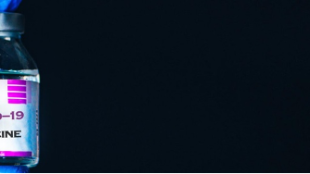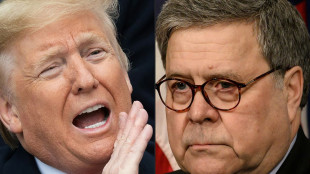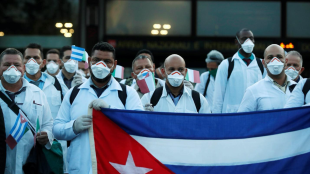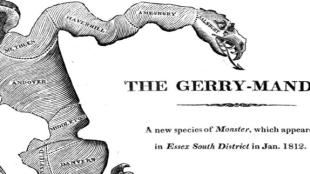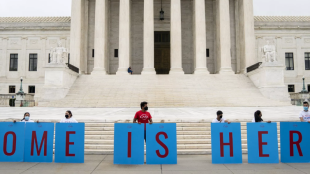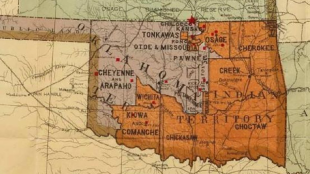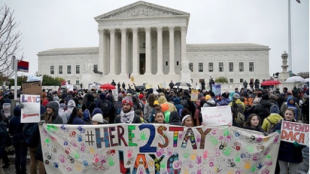Increased Tuition for an Inferior Product: The University’s Guide to Not Caring
(Source) Imagine you decided to go to the dealership to buy yourself a brand-new car. After carefully researching the model and make of car and shopping around for a good deal, you finally decide to make the purchase. When the car gets delivered, you are excited to take it out for a drive, only to realize that the dealer has sent you a Vespa (an electric scooter). You complain to the dealer and they tell you to “make the best” out of a bad situation. You might think this is ridiculous, but it is in fact the experience of almost every university-enrolled student during the COVID-19 pandemic. It is a poorly-kept secret that tuition rates in the United States have risen at an alarming pace. In 1963, the average cost of attending college was $9,918 (adjusted for inflation), while in 2017, the average cost was $23,091. This precipitous increase has led students to borrow alarmingly high amounts and at increasing rates, resulting in a cumulative student loan debt teetering over $1.5 trillion. Today, students are leaving universities crippled by student loans and, in many cases, unable to pay them back. According to the Federal Reserve Bank of New York, 10.8% of [read more]


